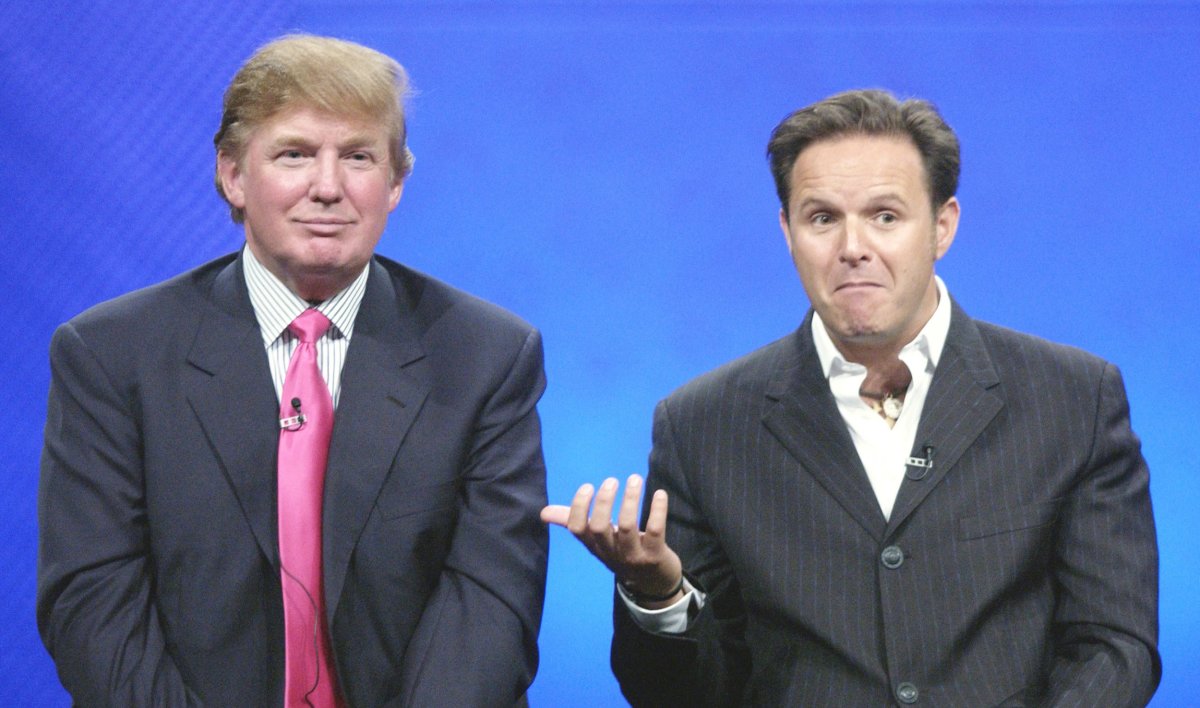I teach a course at Lehigh University called The Sociology of Reality TV.
At some point in the semester, I ask students how others react when they mention that they're taking the class.
At least one student will venture, "People can't believe I'm getting course credit for this," eliciting laughter and head nods from the class.
But why not reality TV? In many ways, these television programs are microcosms of the broader, roiling dramas fundamental to American society: the interconnected dynamics of poverty and drug abuse underlying the action on Cops; the rigid gender norms pervading Toddlers and Tiaras; the struggles with homophobia that bubble to the surface on Rupaul's Drag Race; the racial uniformity of the coupling on nearly every dating-themed show.
While these programs are curated and spliced, they also provide a window into the major sources of inequality that are central to our putatively meritocratic society.
It may be tempting to write off these programs as frivolous fun, or to roll our eyes at the priorities of those willing to watch Farrah make more bad choices on Teen Mom or to sit through another rose ceremony on this season of The Bachelorette (even though it seems like our protagonist has already decided on Bryan).
However, it would be a mistake to discount a form of entertainment that is so immensely popular. This past spring, according to Variety, the finale of The Bachelor brought in an average audience of 8.4 million viewers.
Perhaps nowhere are the conventions of this genre as salient, or as important to consider, as in the current presidency.
Many factors contributed to President Trump's victory in the 2016 election. However, one of the things Trump was able to do, and is still doing, was to leverage the genre of reality TV to very strong effect.

He wasn't the first politician to engage with so-called "low culture"—recall, for instance, Bill Clinton tooting his sax on MTV —but he was the first to mobilize the reality TV genre so effectively to win over voters.
As the host of The Apprentice for fourteen seasons (only to be replaced in the fifteenth season by another politician, Arnold Schwarzenegger), Trump is in his wheelhouse with this genre. He knows what he's doing when he invokes its conventions, and he does it well.
Reality TV, for instance, is a form of entertainment that relies heavily on simplistic plots and broad archetypes. Oftentimes, Trump uses these narrative devices, discussing his referents not as whole people but as typologies: the Bad Hombre, Crooked Hillary (the Nasty Woman), the Fraudulent Media, and of course, the hero flexing in the corner, "Make America Great Again" emblazoned on his red cap.
More recently, when news of the meeting with the Russian lawyer broke, he cast his son in that archetypal savior role, promoting him as a Patriot and a "high-quality person."
When Trump tweets a video of himself body-slamming a person with a CNN logo for a head, the image of politics, and life in general, as a reality competition with clear winners and "losers" comes into stark relief.
As many have noted, Trump is also adept at showmanship, engaging expertly with the "big reveals" that characterize this genre.
When he introduced his Supreme Court pick Neil Gorsuch, in a dramatic prime time reveal, for instance, he channeled Bob Barker unveiling a new dinette set. He places vague teasers in his tweets that are effective in making us want to see more.
What new information will he release about Hillary Clinton? Are there Comey tapes? Tune in next week, or maybe at 3 am, when the next narrative crumb will be dropped.
In my class, we view reality TV episodes as social texts, along the lines of novels or magazine advertisements, because always skulking in the background is the recognition that these are not "really" real—that these are funhouse mirror versions of real life, curated by editors who influence the action and manipulate the results.
Are those parents on Toddlers & Tiaras truly monsters, or is that just how their interviews were spliced? Are The Bachelorette contestants really as head-over- heels in love as they claim? Trump harnesses and exploits this skepticism. How many people were really at that inauguration? Is what I am viewing the truth, or are these alternative facts?
To say that a reality show host is our president is at once technically true and belittling of the global scope of his decision-making power now. It's time to stop viewing reality television, and other forms of "low culture," as detached from the serious business of life—as trivial diversions that fill in the empty spaces when we're done thinking about the important things.
It's time to start taking reality TV seriously as a mechanism for shaping American social and political life. It has implications beyond who's going to win the final rose in this season's The Bachelorette .
However, for the record, my money's still on Bryan.
Danielle Lindemann is Assistant Professor of Sociology at Lehigh University.
Uncommon Knowledge
Newsweek is committed to challenging conventional wisdom and finding connections in the search for common ground.
Newsweek is committed to challenging conventional wisdom and finding connections in the search for common ground.
About the writer
To read how Newsweek uses AI as a newsroom tool, Click here.








